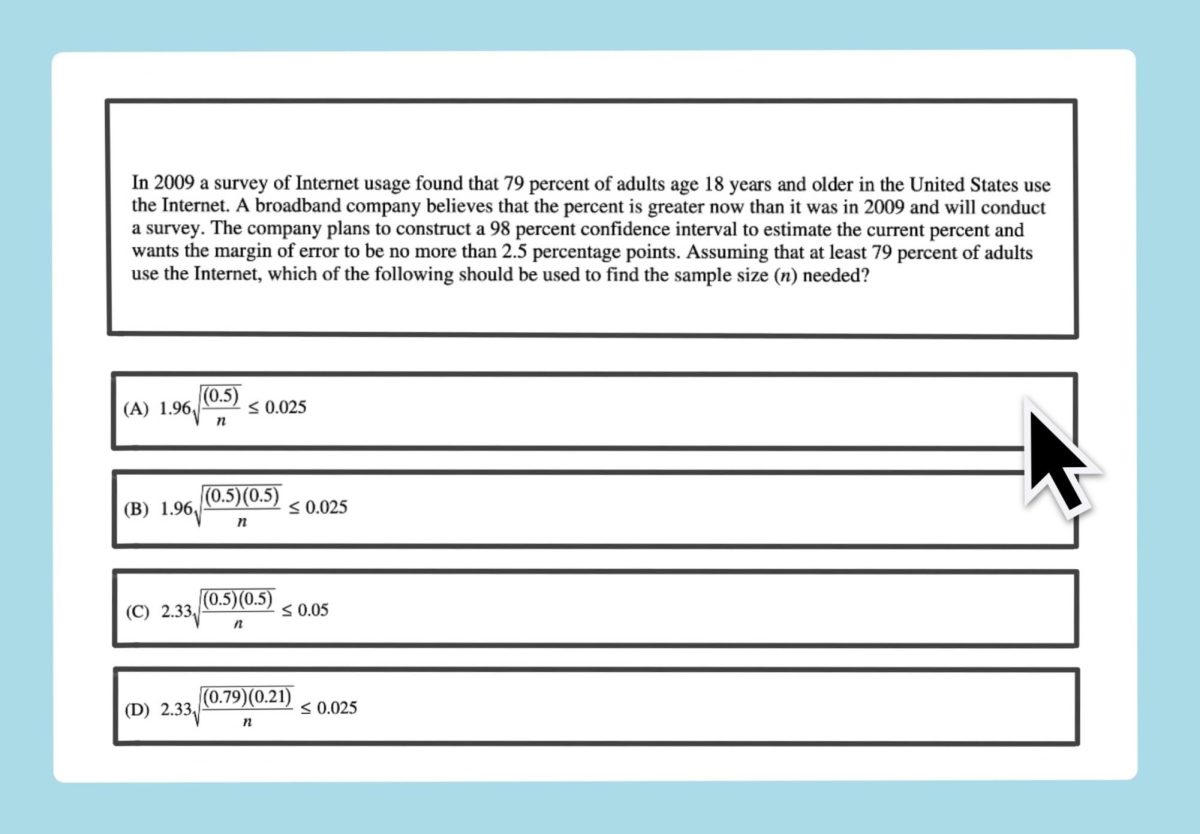By Mary Claire Morris
I clutched my armrest to contain a yelp of horror as I watched Katniss jump across the movie theater screen. Catching Fire, the all-anticipated sequel to the The Hunger Games and second in the three film adaptations of Suzanne Collin’s best-selling novels, was released in theaters on Nov. 22. The movie features many different themes that comment on our society. The story’s messages are important and should be catching fire, but have they burnt to ashes with the audience?
For those who have been living under a rock, the movie is set in the dystopian, futuristic America called Panem. The country is made up of 12 districts and the Capitol, headed by the corrupt President Snow. Every year, one girl and boy from each district are drawn to fight to the death in an event that is broadcast live to viewers across the country. The tributes from District 12, Katniss Everdeen and Peeta Mellark, are dumped into an arena with only two options: kill or be killed. Leaving her mother, sister and her friend (and potential romantic interest) Gale, Katniss pretends to be in love with Peeta (a genuine act for him) in order to fool the system and win the game as a duo.
Catching Fire begins by depicting the emotional toll the games have taken on Katniss and Peeta. As they take off on a victory tour to all the districts, a threatening President Snow and the upcoming 75th annual Hunger Games thicken the plot.
As the Capitol is engrossed by the tributes (who are televised killing and dying), Collins’ plot offers thematic comments on our society’s infatuation with reality television. Like The Capitol, Americans obesses over the latest Hollywood fads. Collins effectively alludes to the economic gap of the haves and have-nots by displaying the Capitol people lavishly dressed while the people of the districts starve. As millions of fans fill seats in the theaters and hungrily consume the books, the underlying meaning in the original story is easily lost in the excitement of the film.
The media frenzy surrounding the franchise has rivaled that of Harry Potter and Twilight. The fan base is largely adolescents and preteens, the same audience that has grown up with reality TV shows, magazines hawking the newest celebrity looks and an overall obliviousness to real-world issues. It’s ironic that the hype surrounding the movie is what the books initially set out to criticize. Jennifer Lawrence’s (Katniss) bold new haircut is the topic of countless interviews, and young girls swoon at the sight of Liam Hemsworth (Gale) and Josh Hutcherson (Peeta).
The Hunger Games trilogy, however, does not glorify violence like the latest video games or other Hollywood action films. Instead, it shows the brutality of violence and the audience is continually reminded who the “real enemy” is. The Katniss, Peeta, Gale love triangle, unlike the hot vampire romance equivalent, does not consume the plot or overtake the themes of humanity.
Hollywood may have created some crazy fans as the books were transformed into movies, but the messages are there if you pay attention to them. As millions watch the movie, maybe some will open their eyes. The reality is that reality television sucks, celebrities aren’t that special, violence is for villains and there will always be people starving while others have too much.







